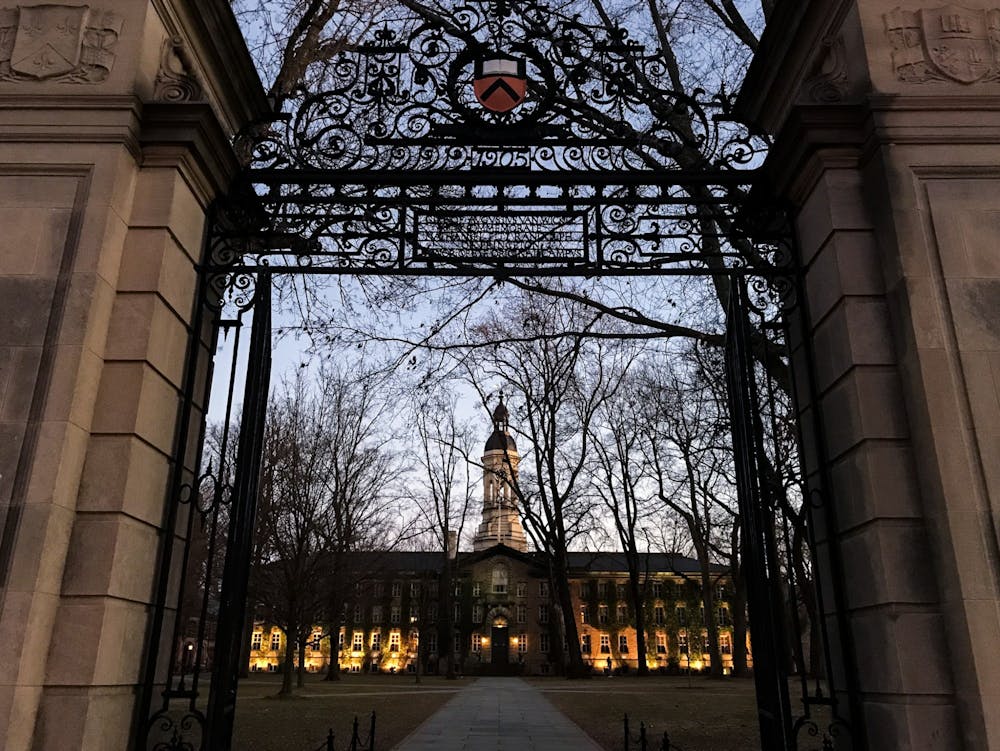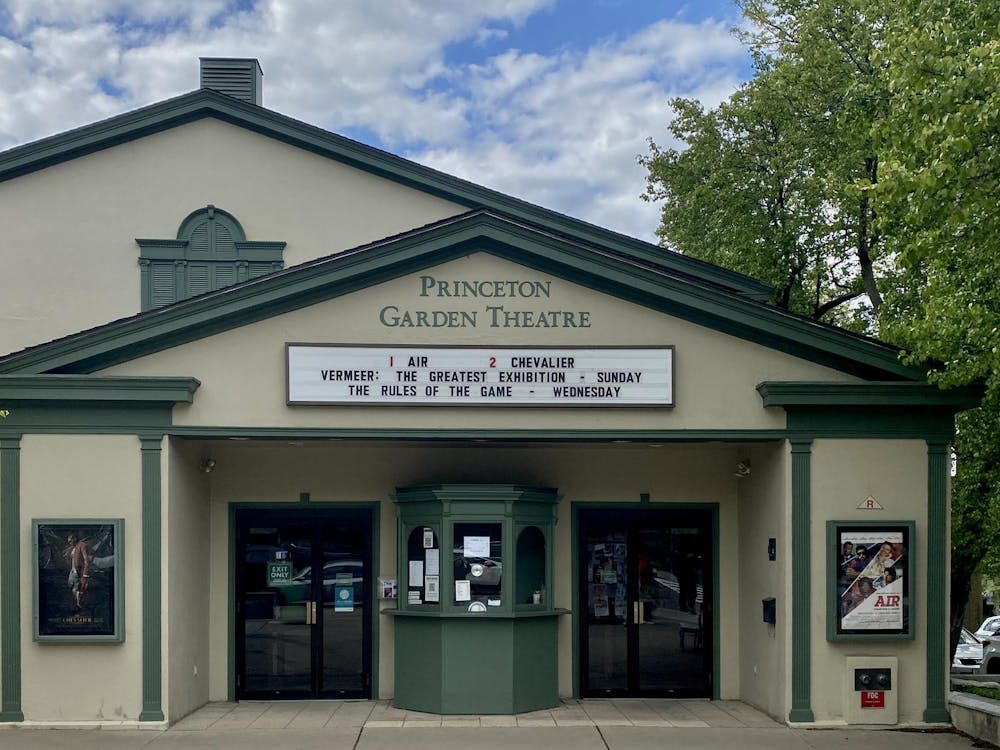Effective immediately, students are “no longer required to submit asymptomatic test samples” for COVID-19, according to a memo from University administrators. The memo, which was sent out to the entire student body on July 28, also states that booster vaccines will no longer be required, marking a shift from previous policies.
The memo cited in the email said that “the University continues to monitor the campus” and that they have “adjusted COVID-19 policies to decrease the number of mandatory mitigation measures.”
Since the initial COVID-19 wave in the U.S. more than two years ago, the University has implemented and repeatedly revised several policies and measures in an attempt “to support a healthy campus,” the memo said. This latest shift rolls back major components of the public health infrastructure the University has deployed throughout the pandemic, in line with the turn to “individual responsibility” on COVID-19 that administrators had signaled during the spring term.
According to a Q&A with Director of Medical Services for University Health Services (UHS) Dr. Melissa Marks and Assistant Vice President of Environmental Health and Safety (EHS) Robin Izzo, “no new information has arisen to lead the University to change its perspective on this public health mitigation,” since the decision to mandate the primary series of the COVID-19 vaccine, effective last fall.
The University’s decision to remove the booster mandate is a result of “data suggest[ing] that the boosters do protect the individual, but do not significantly curb transmission of the current prevalent COVID variants,” according to the email.
Additionally, although “participating in the asymptomatic testing program is no longer required,” the University asks students and employees to “voluntarily continue testing monthly to help the University monitor variants circulating on campus and community spread to inform our strategies.”
Addressing students who are at higher risk of contracting serious illness due to COVID-19, Marks said they should “follow their healthcare provider’s advice on boosters and additional doses,” wear face coverings when in the presence of others, and “avoid as much as possible crowded areas or spaces with high numbers of unmasked individuals.”
Masks will no longer be required in any space on campus, but instructors “may continue to require masks” in teaching spaces. The memo also asks the campus community “to be considerate and respond to the requests of individuals who prefer mask-wearing, including those who may be at higher risk.”

In regards to isolation, University spokesperson Ayana Okoya said that the University is working towards a model “where the majority of COVID-positive students will isolate in place,” she wrote in an email to The Daily Princetonian.
“There will be some circumstances where it is best that the COVID positive person change location,” or it is possible that their roommate may be asked to move sleeping spaces if they test negative.
Students will also be expected to “take personal responsibility” when it comes to contact tracing, Okoya added.
But in the case of a suspected cluster of cases, Okoya said the health team would conduct contact tracing.

Most Ivy League universities have not yet announced their return to campus plans with regard to COVID-19. Other than Princeton, only Yale University and Cornell University have updated their COVID-19 policies for the upcoming school year.
On July 25, three days prior to Princeton’s memo, Yale announced that it will continue requirements that all students, faculty, staff, and postdoctoral/postgraduate trainees “be fully vaccinated, [and] to receive a booster when eligible.” Though varying on the booster requirement, Yale and Princeton share a similar updated COVID-19 policy.
Cornell announced on July 27 that it does not require the COVID-19 booster and said it “will discontinue its supplemental PCR (nasal/saliva) testing sites on Aug. 31.” Cornell noted that “antigen tests will continue to be available to all students, faculty and staff who may wish to test following travel, attendance at large gatherings, illness or potential exposure.”
The memo contained another policy change regarding visitors on campus, informing students that the University has “changed our Visitor Policy to eliminate the proof of attestation requirement for visitors to campus.” With this new policy, “visitors must either be fully vaccinated OR have recently tested negative.”
Building access policies have also been changed, allowing public spaces like Frist Campus Center, Firestone Library, and the University Chapel to be open to the public without TigerCard access during certain hours, as they were prior to the pandemic.
New University employees will be given five “COVID-19 days” to use as self-isolation days if they test positive for COVID-19 or to care for a loved one who tested positive. Similarly, the campus isolation policy for students continues to follow “the CDC and NJ Department of Health isolation requirement[s],” the memo stated.
Some students express fear, others relief
Some students expressed feeling confused and upset after the announcement. Julia Elman ’23 told The Daily Princetonian that she “never imagined” that administrators would make testing optional in the fall.
“This is just the nail in the coffin of Princeton not caring about its disabled students,” she said.
“There’s literally no reason to not [enforce] testing this semester,” Elman added. “I have never felt more unsafe at this school.”
Jack Amen ’25 told the ‘Prince’ he could not understand why “the University would get rid of measures that are so easy to enact and enforce and cause so little disruption for the sake of ‘individual choice.’”
But, despite being disappointed, he said he remains hopeful.
“At the end of the day, nothing’s stopping people from making the right choice for themselves, so hopefully people do!” he wrote.
Other students said they felt relief as a result of the announcement, lauding what they see as a return to normal this fall.
Clarissa Allert ’25 said she is “glad that testing isn’t required this year because it will give a sense of normalcy for the upcoming year.”
In a similar vein, Konstantin Howard ’24 messaged the ‘Prince’ that he “was already living in a post-COVID Princeton without testing and masking” since he had tested positive in the Spring 2022 semester, “like much of the student body.” This past spring, students who tested positive were removed from the mandatory testing protocol for the following 90 days.
“As usual, the administration is lagging behind both the student body and the country as a whole in arriving at this policy just now,” Howard said. “In any case, I’m just excited to get back to campus for my junior fall.”
The University encourages students to look at the COVID-19 Resource Site “for more information about what to do if you test positive, about hosting visitors on campus, isolation, and more.” Students can also email covidconnector@princeton.edu for more specific questions.
Correction: This article previously stated that all University employees receive five COVID-19 days, and has since been updated to accurately reflect that only new employees receive them, and that these days can be used to self-isolate or take care of others who test positive.
Madeleine LeBeau is a Staff Writer for the ‘Prince.’ She can be reached at mlebeau@princeton.edu, on Instagram @madeleinelebeau, or on Twitter @MadeleineLeBeau.
Andrew Somerville is a Head News Editor who has covered USG, University and COVID-related affairs. He can be reached at jas19@princeton.edu or on Twitter @andr3wsom.








